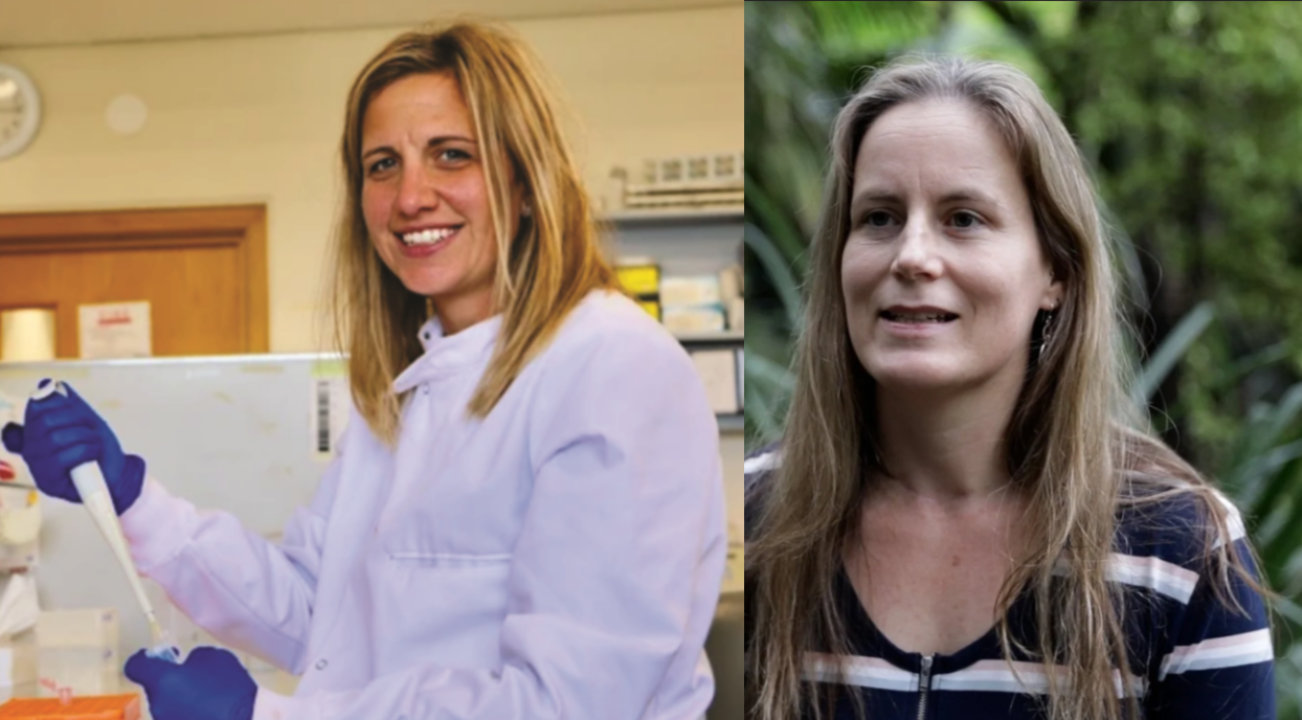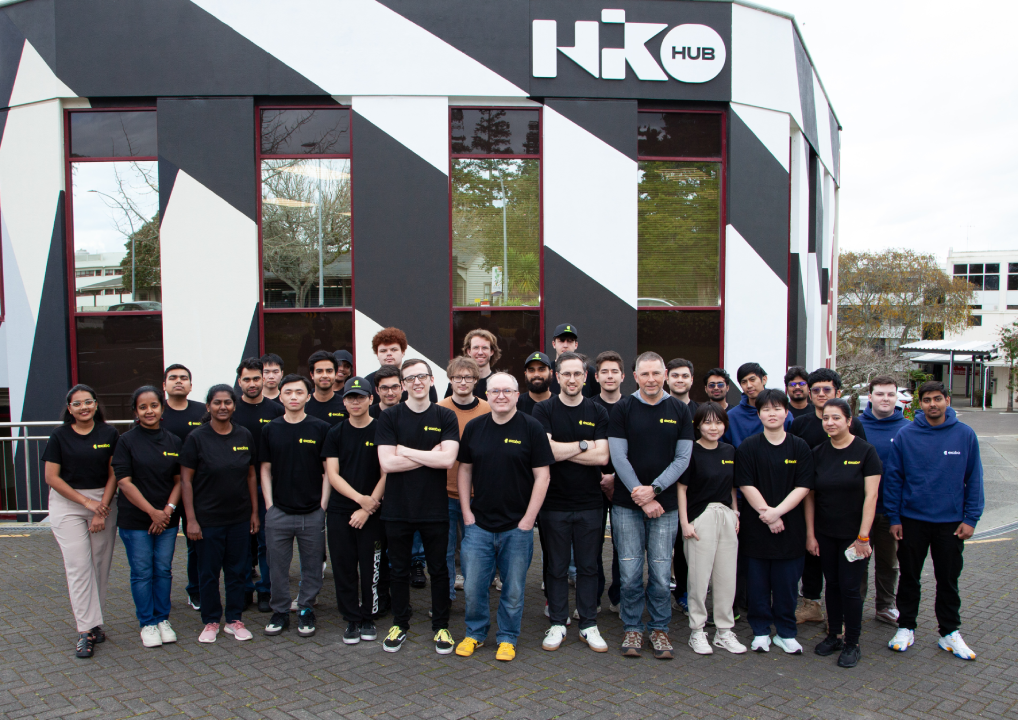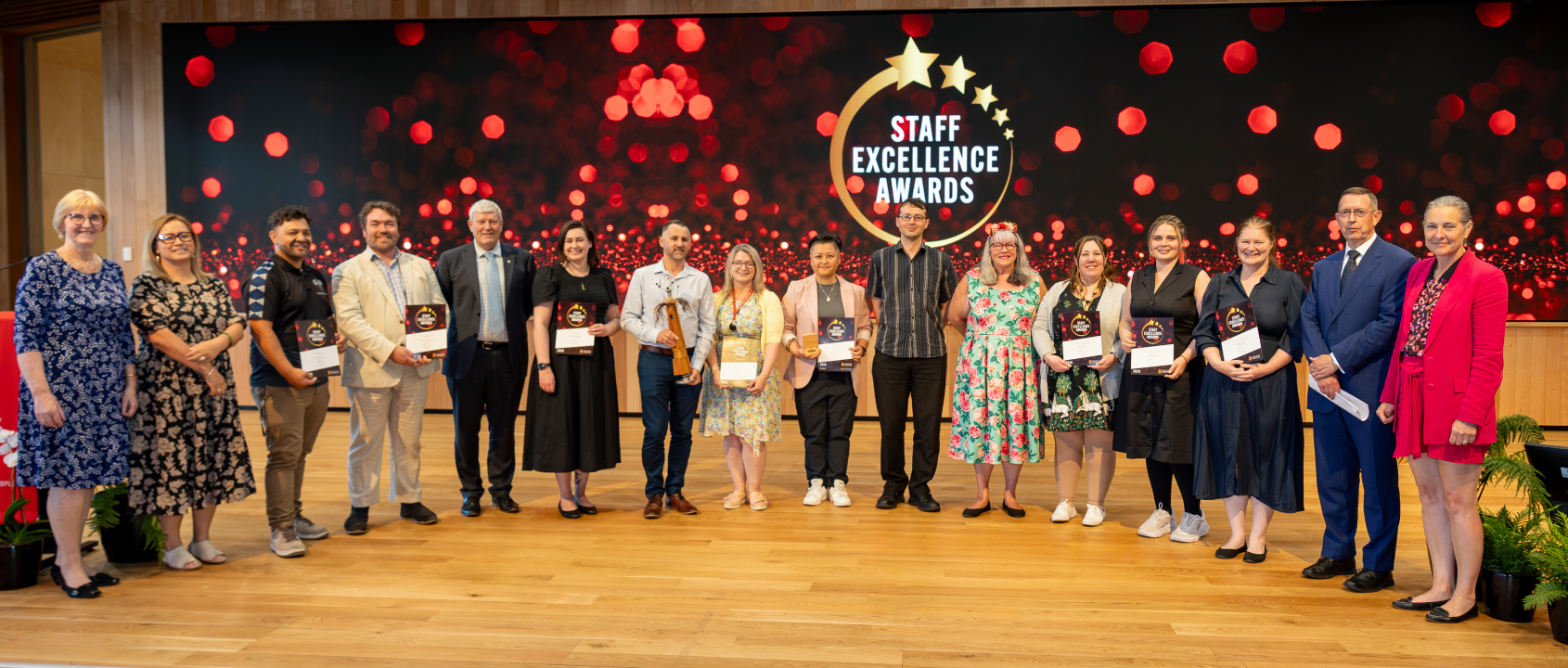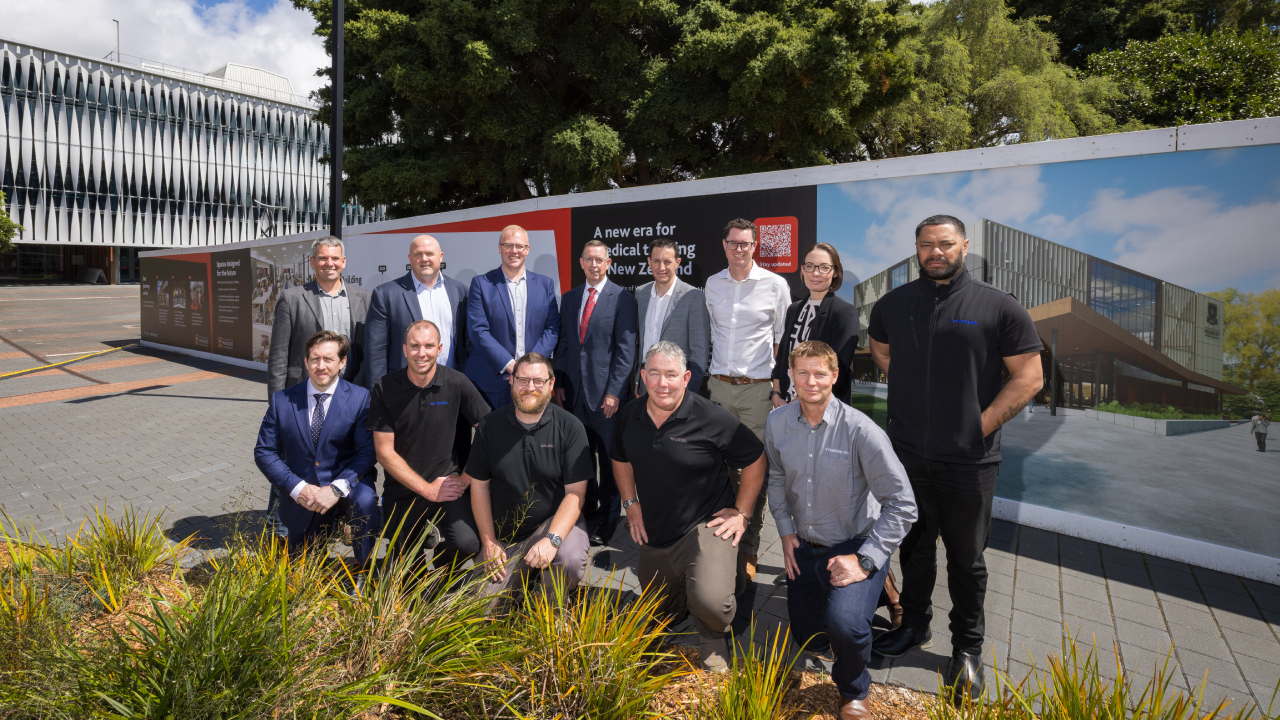Cushla’s master’s supervisor at the University of Waikato was the late Professor Terry Healy, recognised internationally for his expertise in coastal sedimentation and engineering, and it was his direction that helped set Cushla on a career path that’s taken her to all but two South Pacific nations, seen her take leadership of major infrastructure projects in New Zealand, and driven policy change.
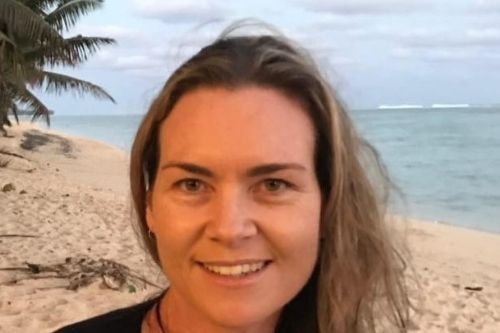
Alumna Cushla Loomb is tackling the problems caused by climate change
It all started with a love of the ocean and an aptitude for science. Cushla chose to study a Bachelor of Science at Waikato, knowing that the University had a Centre of Excellence in marine sciences established with NIWA. She majored in biology and earth sciences with thoughts of a career in marine biology. However, her love of the beach and fascination with how the dynamic coastal processes shape our shorelines led her to focus her studies on coastal geomorphology, which involves studying large bodies of water and overlaps with other applied sciences such as geology, meteorology, oceanography, coastal engineering and biology.
Her master's took her to Westpark Marina on the Waitemata Harbour, where she worked closely with the marina CEO to find out why huge volumes of sediment were depositing in the estuarine harbour, costing hundreds of thousands of dollars each year to clear. The project gave her a good understanding of an important and complex issue and a taste of commercial considerations and business acumen that would be invaluable for her later life as a consultant.
Cushla’s first job after graduation was with Tasman District Council as a coastal and discharges planner. “I didn’t know much about the RMA [Resource Management Act] but found it relatively easy to learn the legislative side of my work processing resource consents. The technical knowledge I gained from my degree provided me with a solid foundation when it came to assessing the potential coastal effects of various activities on the coast. It was really valuable in my first job and continues to be in my current role.”
Cushla is now Technical Director – Planning and Environment at professional consultancy firm Beca, based in Tauranga where she specialises in coastal management, planning and assessment in New Zealand and across the Pacific. As technical director she leads multidisciplinary teams, working with clients to understand the challenges they face and finding solutions that add value.
Most infrastructure and vulnerable communities are located on the coast, particularly in the Pacific islands. Cushla undertakes environmental and social impact assessments on various projects and advises on managing those potential impacts.
She says it was her work in the Pacific that drew her into the area of climate change and the pressing challenges in that area. New Zealand isn’t doing enough, she says. “We’re not making the hard decisions we need to. We’re making decisions on the basis of trying to keep everybody happy when in reality, with climate change, there is one thing that is certain, there will inevitably be losers. We need to prepare now to make sure the loss is minimised, equitable and fair and doesn’t put our vulnerable communities at greater risk.”
Take managed retreat for example. As houses on the coast are threatened with sea-level rise, who’s going to pay to relocate people and for key infrastructure and where do they go?
Cushla says Beca’s clients are becoming more aware of the threat climate change poses to their organisations and are seeking ways to mitigate and adapt.
“Everybody is grappling with this ‘wicked problem’,” she says. She’s “absolutely delighted” the University of Waikato will offer a Bachelor of Climate Change from 2022. “If they’d been offering it when I studied, I certainly would have done it as it presents one of the greatest challenges we are facing globally.”
